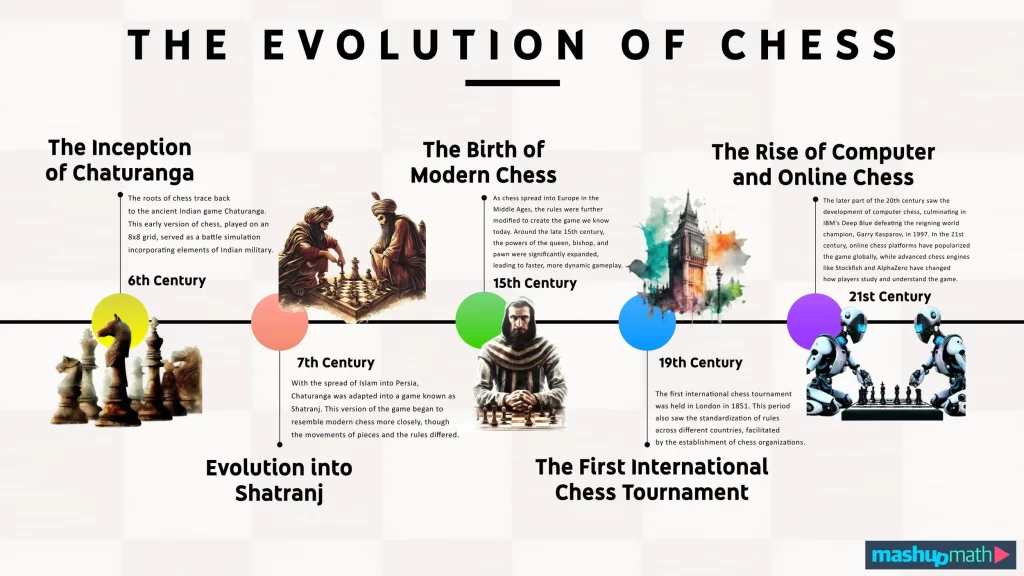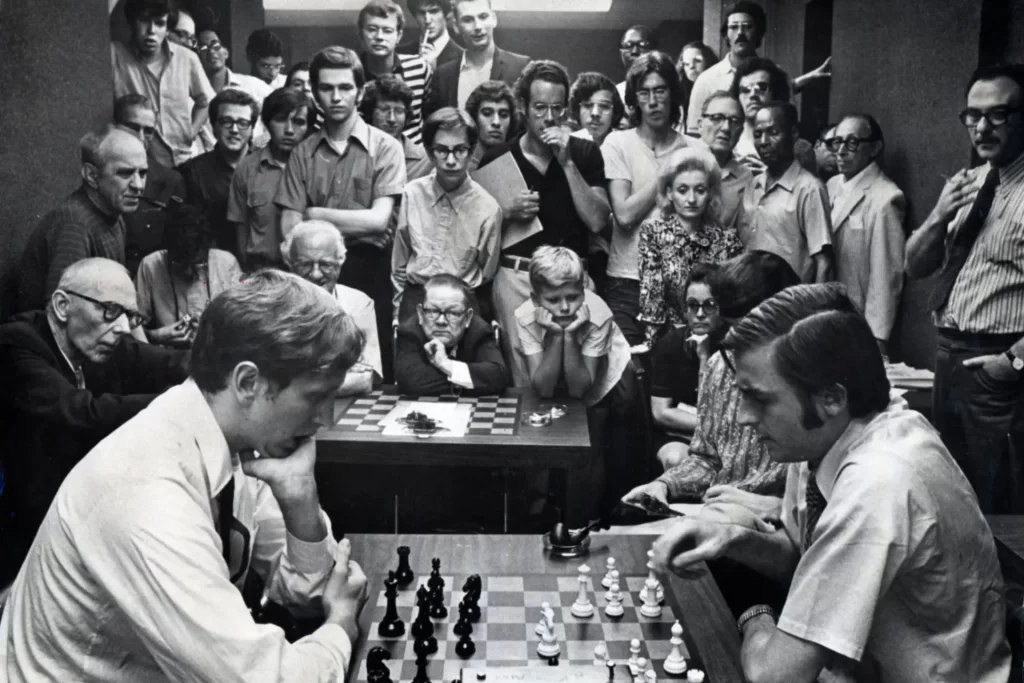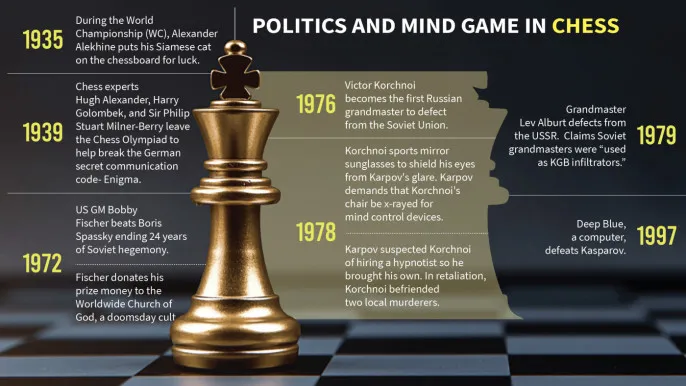Chess has a long and storied history. The game has changed quite a bit from its early forms in India. The modern iteration we enjoy today was unknown until the 16th century. There were no clocks and parts were not standardized until the 19th century. Let’s look at a brief history of chess with Vipph ph.
Origin of chess – A Journey Through Time

The official world championship title came into being at the end of the 19th century, shortly after the first major tournaments were held and many playing styles began to fully develop. Although the first book on introductions was published as early as 1843, the theory as we know it did not really develop until the early/mid 20th century. Computer engines and databases materials were not used until the late 20th century.
Chess, as we know it today, was born from the Indian game Chaturanga before 600 AD. This game spread throughout Asia and Europe over the following centuries, and eventually evolved into what we know as chess around the 16th century. One of the first masters of this game was a Spanish priest named Ruy Lopez. Although he did not invent the opening that bears his name, he analyzed it in a book published in 1561. Chess theory at that time was so rudimentary that Lopez advocated the strategy of playing with the sun in opponent’s eyes!
Chess theory and its development through the 19th century
Chess theory developed at a breakneck pace until the mid-18th century. In 1749, French master Francois-Andre Philidor entered the field with a book called Analysis du jeu des Échecs. This book covers a number of new opening ideas (including the defense that still bears his name), and also covers Philidor’s famous defense on rook and pawn end turns – a technique Endgame techniques are still used today. Philidor’s famous quote that “Pawns are the soul of chess” was first introduced to the world in this book.

Chess gained worldwide popularity
Chess continued to gain popularity worldwide and in the mid-19th century the standardization of chess sets took place. Before the 1850s, chess sets were not uniform. In 1849, Jaques of London (a game and toy manufacturer) introduced a new style of product created by Nathaniel Cooke. These same pieces were endorsed by Howard Staunton, the strongest player of his time. This new style of chess piece, known as the Staunton pattern, immediately became popular and was used in tournaments and clubs around the world. The Staunton pieces and its minor variations are still considered the standard for tournament chess sets.
The 19th century also marked the introduction of chess clocks in competitions. Before chess clocks became the norm, a game could last up to 14 hours! With the standardization of chess sets and the advent of chess clocks, the necessary equipment for modern matches and tournaments became available.

Chess developed significantly during the 1800s
Chess itself developed greatly during the 1800s. The most famous games of this period were exciting offensive games – solid defensive ideas had yet to be learned. If a player doesn’t sacrifice their pieces from right to left in an attempt to violently checkmate their opponent, it’s not an interesting game! It was during this offensive era of chess that American player Paul Morphy entered the scene.
Morphy embodies all these romantic and aggressive offensive ideas. On the European tour, Morphy defeated every major player in the world except Howard Staunton (who was past his prime and did not accept Morphy’s challenge).
Morphy controlled Adolf Anderssen, Louis Paulsen, Daniel Harrwitz and a host of other masters. In 1858, the famous “Opera House” game was played by Morphy vs his allies (the Duke of Brunswick and a French Count), and is considered one of the greatest games of all time. Morphy throws everything, including the kitchen sink, at his opponent. A beautiful game for all ages!
Conclusion
In conclusion, the history of chess is a testament to the human mind’s ability to create and innovate. The game is a complex and challenging one, but it is also a rewarding one. If you are looking for a game that will challenge your intellect and provide you with hours of enjoyment, then I highly recommend giving chess a try.